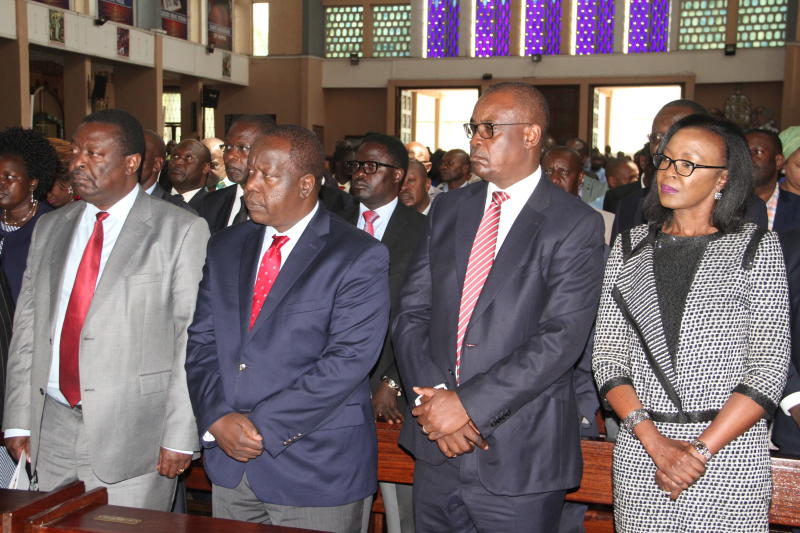×
The Standard e-Paper
Home To Bold Columnists

When the five Mboya children were growing up under the strict guidance of their mother Pamela Mboya who had no qualms spanking or pinching them for truancy, they used to see hundreds of boxes neatly packed in their garage.
In the boxes were hundreds of files, whose significance they did not know but dared not mess around with them lest they taste the wrath of their mother.







